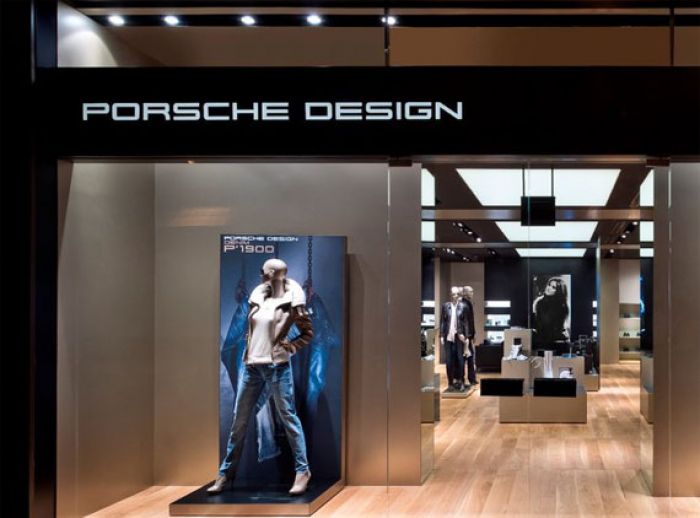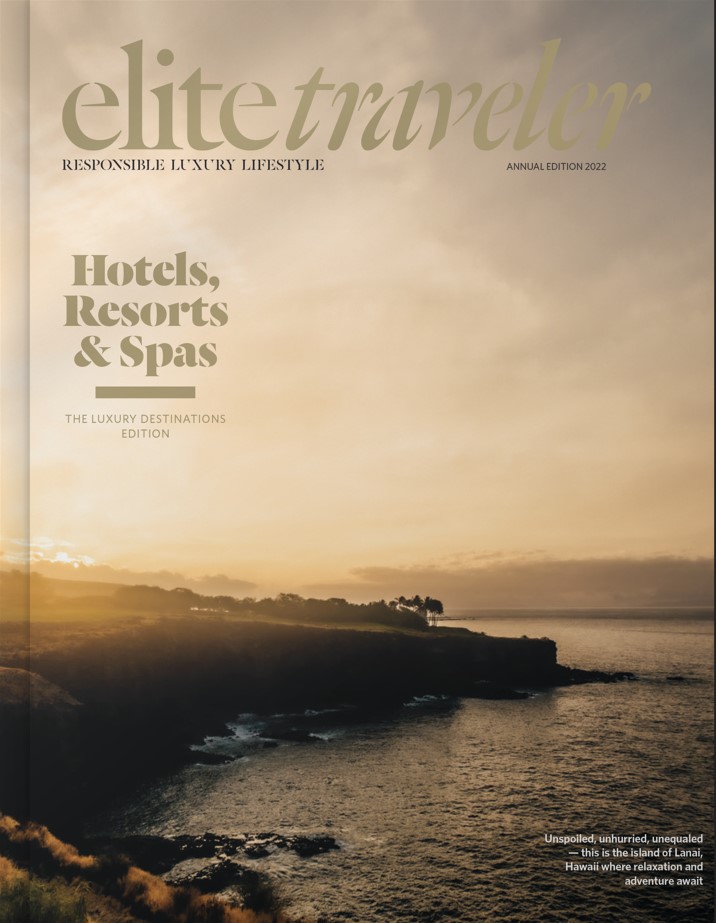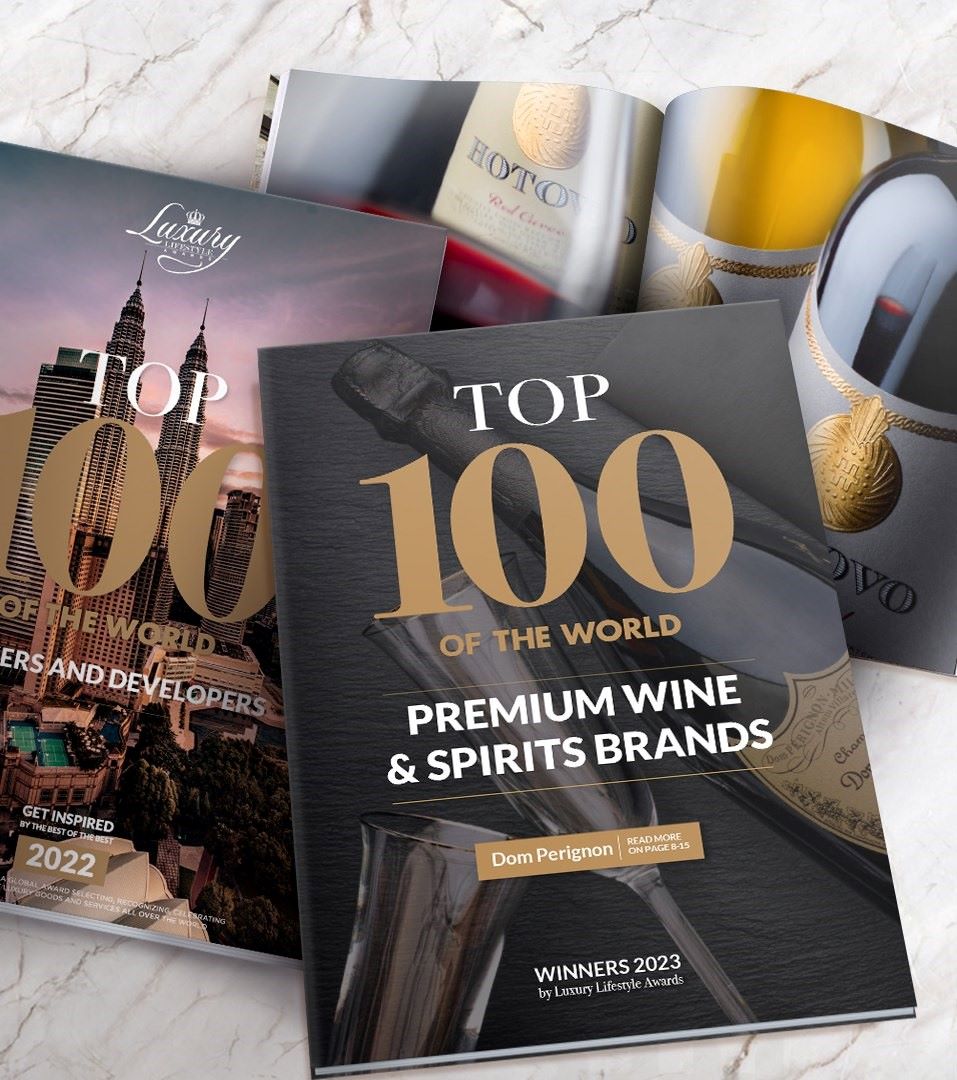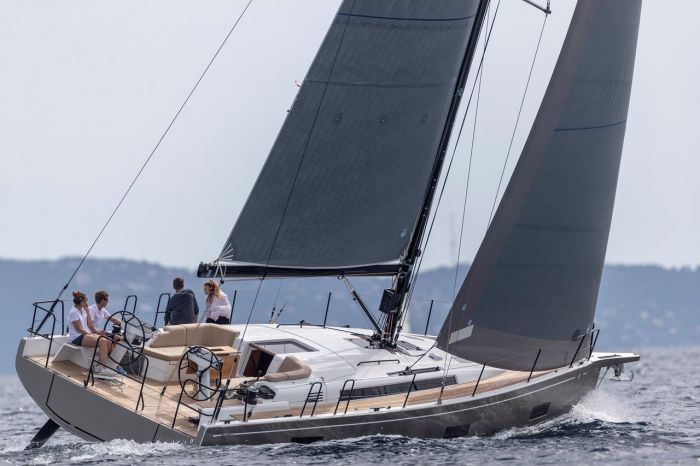
Photo Courtesy of Porsche Design
In De Architectura, the Roman architect Vitruvius, living in the 1 BCE, stated that a building's architecture should meet three essential criteria: commodity (utilities), firmness (firmitas), and delight (venustas). Commodity addressed how a building served a useful function. Firmness meant endurance, or a building's ability to stand up to natural forces over time, and delight referred to aesthetics: whether in general terms, the viewer, owner, builder, or user found pleasure in the beauty the building provides.
 These three criteria have long outlived Vitruvius, as today, they are still used as architectural benchmarks for the design of many products, in addition to buildings. Indeed, it is often said that great design is intelligence made visible, and the consistent permanence of such design intelligence combines all three Vitruvian standards.
These three criteria have long outlived Vitruvius, as today, they are still used as architectural benchmarks for the design of many products, in addition to buildings. Indeed, it is often said that great design is intelligence made visible, and the consistent permanence of such design intelligence combines all three Vitruvian standards.
The Porsche Design Group, located near Stuttgart, Germany, is a substantial exemplar of a creative design group that has re-defined and often moved beyond the classic Vitruvian benchmarks. Porsche Design is a luxury brand with a particular focus on technically inspired products. The Porsche Design brand was established in 1972 by Professor Ferdinand Alexander Porsche.
But the person who has expanded the brand and its cachet is not a Porsche. He is Dr. Juergen Gessler, a gentleman in his mid forties whose degrees are in the most seemingly non-artistic disciplines: Economics and Industrial Engineering. Yet, under Dr Gessler's leadership and design passion, Porsche Design has expanded its network of retail outlets and now has 127 stores worldwide, with 42 in Asia alone. And in the last five years, the company has branched out into women's fashion, the mobile phone market and fragrances. The Porsche Design Group was just awarded the prize for the luxury brand with the best design in 2011 at the China Luxury Summit 2011 in Shanghai.
I interviewed Dr. Gessler recently, asking him about the meaning of engineered luxury, as well as its evolution and revolution, from the Porsche Design point of view.
JustLuxe: How is today's language of luxury spoken differently than it was a few years ago? What happened in the economy to create such a difference?
Dr. Gessler: In the old days luxury has been mainly about showing-off; people wanted to make a clear statement saying, "have a look at me I can afford all that." This has changed a lot nowadays, especially because we have walked across, and endured a few crises. Luxury brands today need to focus on fulfilling core values. It is about quality and improvement of one's life, and it is not important anymore to have more than others as well as to show off. Today companies have to concentrate on and offer a whole lifestyle into which people can buy into, because they do care more about where material comes from, about quality and design as well as their individual style.
 JL: What is Porsche Design Studio's vision of engineered luxury? Do some of the subtexts deal with mindful rather than conspicuous consumption?
JL: What is Porsche Design Studio's vision of engineered luxury? Do some of the subtexts deal with mindful rather than conspicuous consumption?
Dr. Gessler: For Porsche Design, not really a lot has changed, as the luxury brand had a very special approach to luxury right from the beginning. Professor Ferdinand Alexander Porsche, the designer of the Porsche 911 and founder of the luxury brand Porsche Design, has always been mindful rather than conspicuous. Take our very first product: the Chronograph 1. It has been the first completely black watch on the market, at a time when watches by definition have been gold or silver. A revolution! The black color has been chosen not to provoke attention, but for another, more particular reason: F. A. Porsche had the idea of creating a time instrument with an uncompromised functional quality. Inspired by the black felt dashboard of a race car, he decided to design the watch in such a way that only the time information was of importance - everything else was non reflective, in other words: black. He probably had been the first person ever who treated the watch not as a piece of jewelry, but as an instrument of precision.
JL: How does the Porsche Design Group further define engineered luxury through its products?
Dr. Gessler: F. A. Porsche liked the idea of combining the aesthetics of a product with its function in conjunction with excellent craftsmanship. That is why Porsche Design introduced the first ever black watch which guaranteed supreme legibility at any occasion and in 1980 again revolutionized the world of watchmaking with the first-ever titanium-built chronograph as titanium is essentially skin-friendly, lighter ?-half the weight of steel - and corrosion-resistant. Today this general principle is still the core of Porsche Design. We are offering a different kind of luxury: we call it "engineered luxury." Design and luxury engage into a very natural relationship. It represents the perfect combination of design, function, craftsmanship and the use of the finest materials.
 JL: How does the architectural credo of Form Follows Function agree with the ideas of Porsche design Studio's engineered luxury?
JL: How does the architectural credo of Form Follows Function agree with the ideas of Porsche design Studio's engineered luxury?
Dr. Gessler: "If you analyze the function of an object, its form often becomes obvious." That's what Ferdinand Alexander Porsche once said. And up to the present day the Porsche Design Studio in Zell am See in Austria follows his design philosophy. Our credo is more advanced than the idea of form follows function. It actually is a different approach as the whole object has to be considered within its functionality: in our ideal Porsche Design world, form and function are equal. One doesn't work without the other, but also, one doesn't follow the other. A truly good product has to fulfill both aspects of aesthetic and function in order to be a long-term success. Porsche Design has remained true to this idea, with great success, as we have been recognized with more than 130 national and international awards and today the Porsche Design Studio is among Europe's most recognized design companies.
JL: You said in an interview that you are very interested in learning about the behavioral dynamics underlying why people shop, and how they make their purchase decisions. What have you learned from this particular interest, and how have you applied it to the Porsche Design Studio's product line?
Dr. Gessler: By now people developed a feeling for coherency. A product that is only functional but does not look appealing would not become
 a bestseller neither when it is only looking nice without convincing functionality. If you find these functionally designed items in a surrounding where everything is harmonious, then customers are more likely to spend money. In other words: a brand's concept and its philosophy have to be in line with the customers' individual values and attitudes to make them feel comfortable and willing to buy into this lifestyle world.
a bestseller neither when it is only looking nice without convincing functionality. If you find these functionally designed items in a surrounding where everything is harmonious, then customers are more likely to spend money. In other words: a brand's concept and its philosophy have to be in line with the customers' individual values and attitudes to make them feel comfortable and willing to buy into this lifestyle world.
JL: Most other brands whose origins began as car brands, Jaguar, Rolls, Bentley, Audi, and even Ferrari and Maserati, have products attached to their sites, but not Design Studios, and not Design Studios who make such diverse offerings as Advent Calendars, Bicycles, and Water Pipes! What do all these products have in common, and what new products may emerge before the end of the year?
Dr. Gessler: All other car brand's design studios evolved from the car company. The Porsche Design Studio is unique as it developed completely separate from the car company. Its founder F. A. Porsche has been chief-designer for the sports cars until 1972, then left the company and found its very own design studio, the so called Porsche Design Studio, as well as the luxury brand Porsche Design. The only link at this time was a seat of F. A. Porsche in the supervisory board because as a family member he kept shares in the car company. In 2003 the demand for a successor for Porsche Design emerged and there has been mutual consent that the luxury brand has huge potential. So the Porsche Design Group has been found with a two-thirds share of the car company in order to support the expansion with financial strength.














